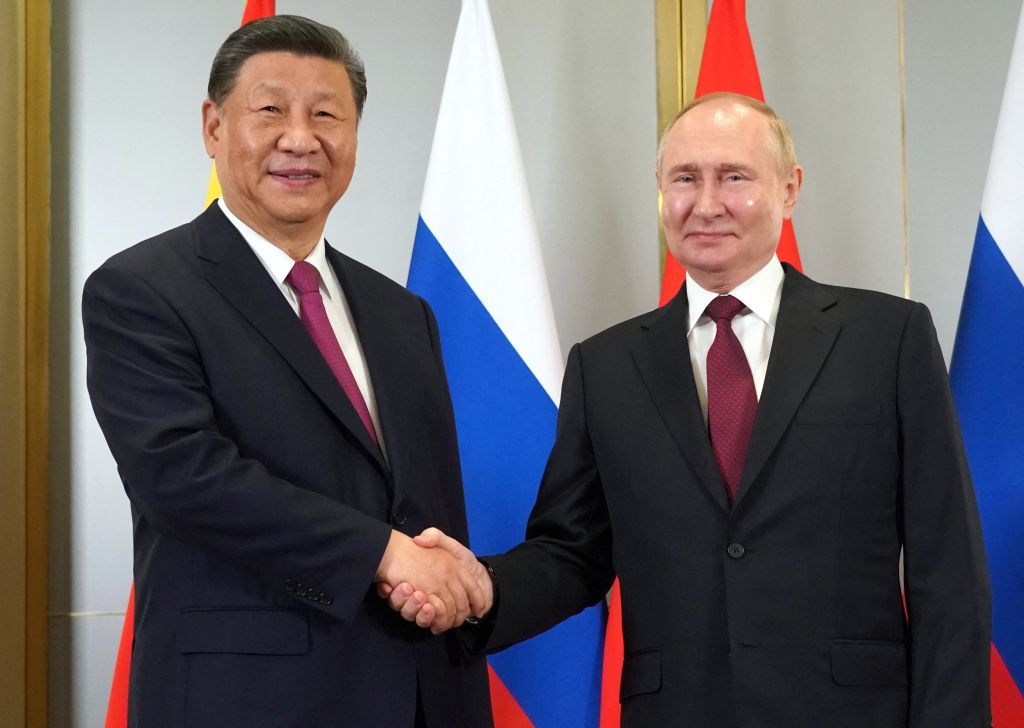Illegal chip flows from China to Russia slowing down, Reuters reports

Supplies of semiconductors and other dual-use goods shipped through China and Hong Kong to Russia have fallen by a fifth in 2024, even though both remain key transshipment hubs, Reuters reported on July 22, citing data from the U.S. Commerce Department.
China has positioned itself as neutral in the ongoing war but has deepened economic ties with Russia and become Moscow's leading source of dual-use goods, feeding the Russian defense industry.
Various countries, including the U.S. and the U.K., have accused China of continuously aiding Russia's war machine in Ukraine.
Deliveries of Common High Priority Items (CHPL) – advanced components, such as microelectronics, that the U.S. and EU believe could be used in Russia's war in Ukraine – through Hong Kong fell by 28% between January and May this year.
For the same period, transshipments of those items through mainland China, excluding Hong Kong, dropped by 19%, Reuters reported, citing an undisclosed U.S. Commerce Department official.
"I think there's some cause for being at least optimistic that we have been able to slow down some of this trade," the official said, but added: "China is still our number one concern."
The U.S. State Department and Treasury Department have imposed several rounds of sanctions on organizations worldwide alleged to have commercial ties to the Russian military, including shell companies involved in diverting semiconductors in Hong Kong.
The decline in illicit flows was the result of several factors, including aggressive law enforcement by the U.S. authorities and engagement with companies whose products are transported across the border, the official said.
"We are talking to any company whose items are showing up on the battlefield," the official said, without giving names.
When contacted by Reuters, the Hong Kong government claimed that it "does not implement, nor do we have the legal authority to take action on, unilateral sanctions imposed by other countries."
The region's authorities also added that, at the Chinese Foreign Ministry's instructions, they were "enforcing vigorously" sanctions imposed by the United Nations Security Council, including those against North Korea.
Between August and December 2023, over 200 firms registered in Hong Kong shipped nearly $2 billion worth of goods to Russian buyers, according to the customs data from C4ADS, a Washington-based nonprofit organization dedicated to global security.
From August to December 2023, $750 million worth of banned goods were shipped through Hong Kong, ranging from high-tech chips from Nvidia and France's Vectrawave to cheap chips from Texas Instruments and Intel, according to data outlined in a forthcoming report by the Committee for Hong Kong Freedom (CFHK) Foundation and analyzed by Reuters.
Some of the banned goods were sent to Russian firms under sanctions, according to the Committee for Hong Kong Freedom.
"Our research has highlighted numerous instances where Hong Kong-based companies have facilitated the transfer of sensitive technologies and commodities, undermining international security and stability," said Samuel Bickett, a lawyer and author of the CFHK report.












